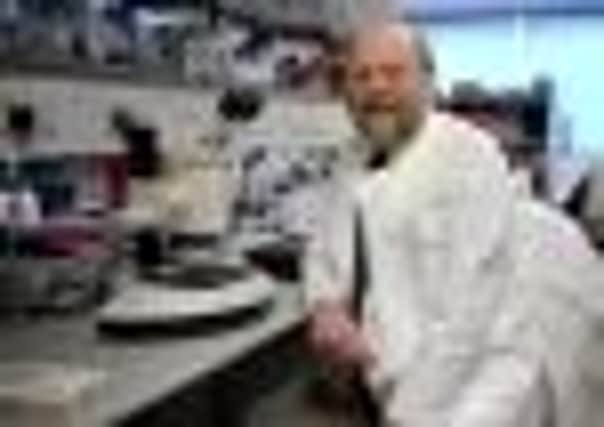Stem-cell research under threat after scientists hit by top Euro court ruling


They say the development of new therapies for incurable and life-threatening diseases is likely to be impeded by the decision.
There are also fears that potential investors in stem cell technology will instead be encouraged to spend their money in the United States or Asia.
Advertisement
Hide AdAdvertisement
Hide AdThe ruling follows a challenge by Greenpeace over a patent for nerve cells from embryonic stem cells.
Oliver Bruestle, a German professor, devised a technique in 1997 for turning human embryonic stem cells into nerve cells.
Greenpeace had argued that his work was “contrary to public order” because embryos were destroyed to gather the stem cells used.
Embryonic stem cells have the ability to turn into any body tissue, which experts claim means they offer the hope of eventually being able to treat the likes of Parkinson’s, stroke, heart disease and diabetes.
The Luxembourg-based Euro-pean Court of Justice said in a statement: “The use of human embryos for therapeutic or diagnostic purposes which are applied to the human embryo and are useful to it is patentable. But their use for purposes of scientific research is not patentable.
“A process which involves removal of a stem cell from a human embryo at the blastocyst [early embryo] stage, entailing the destruction of that embryo, cannot be patented.”
Scientists are concerned the ruling will threaten the future of medical research, saying companies in Europe would now be less likely to invest in projects to develop therapies using embryonic stem cells.
Speaking after the verdict, Prof Bruestle said: “This means that fundamental research can take place in Europe, but that developments that follow from that cannot be implemented in Europe.
Advertisement
Hide AdAdvertisement
Hide Ad“It means European researchers can prepare these things but others will pick the fruits in the United States or Asia. That is very regrettable.
“With this unfortunate decision, the fruits of years of translational research by European scientists will be wiped away and left to the non-European countries.”
Professor Ian Wilmut, chair of Edinburgh University’s Centre for Regenerative Medicine, said the decision was “very much to be regretted”.
“It will unfortunately make it less likely that companies in Europe will invest in the research to develop treatments to use embryonic stem cells for the treatment of human diseases,” he said.
“Sadly, this judgment may mean that initial research carried out in Europe, in some cases with European funds, will be more likely to be developed and used in other parts of the world.”
Austin Smith, head of the Wellcome Trust Centre for Stem Cell Research at Cambridge University, said the decision left European scientists in a “ridiculous position”.
“We are funded to do research for the public good, yet prevented from taking our discoveries to the market place where they could be developed into new medicines,” he said.
Stem cells are found in the embryo, the foetus, placenta, umbilical cord, and in many different tissues of the body. There are three types: tissue (adult) stem cells, embryonic stem cells and engineered pluripotent stem cells.
Advertisement
Hide AdAdvertisement
Hide AdDr David Scott, Cancer Research UK’s director of science funding, said: “Most UK scientists’ stem cell research involves adult stem cells, but patients with serious illnesses including cancer could benefit in the future from research involving embryonic stem cells.”